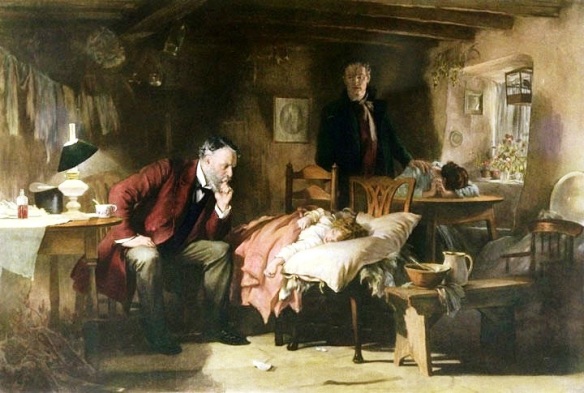
Bernadette Keefe MD
Health Literacy – It’s still not catching on.
The Center for Disease Control and Prevention (CDC) defines health literacy as
“the degree to which an individual has the capacity to obtain, communicate, process and understand basic health information and services to make appropriate health decisions”.
As a believer in improved general literacy for citizens, I have assumed that health literacy, achieved through quality health information, having been easily accessed and well understood, would be akin to the process of general literacy. But just as education involves more than the conveyance of information, it is similar for achieving health literacy.
Although considerable efforts have been made regarding the formulation and dissemination of health and self-care information, we are seeing little effect on health outcomes. All parameters of health and wellness in the U.S. remain stubbornly poor, including the high incidence of obesity, type 2 diabetes, heart disease, cancer, mental health, and addiction. Healthcare systems and healthcare professionals continue to tout patient engagement strategies and the importance of health literacy, but as Michael Friedman states in his excellent piece on the topic:


